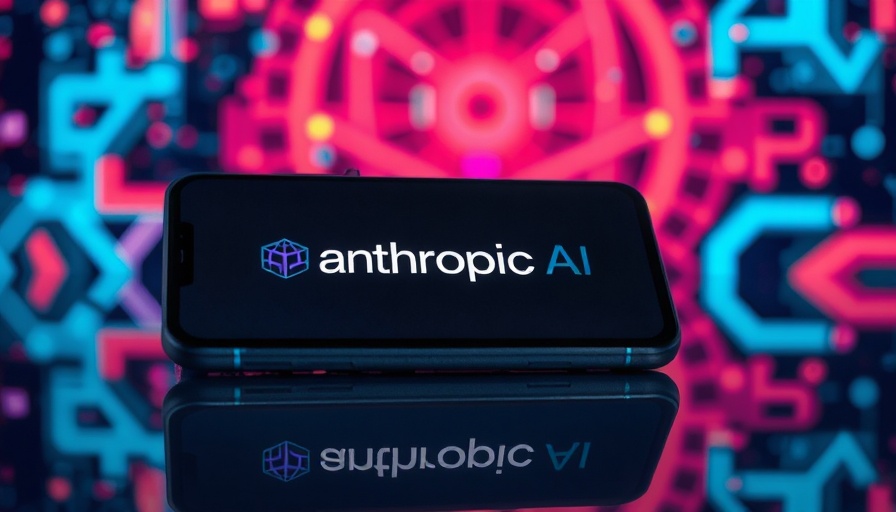
Exploring the Revolutionary Potential of Claude AI in Real-World Tasks
In the fast-paced world of artificial intelligence, Claude 3.7 Sonnet is generating considerable buzz. With its hybrid model designed for real-world applications, this latest iteration from Anthropic promises to push the boundaries of what's conceivable in AI.
What Makes Claude 3.7 Unique
Dario Amodei, the CEO of Anthropic, elaborated on Claude’s innovative approach during a Hard Fork podcast. Unlike previous models focused primarily on objective tasks like mathematical reasoning and coding competitions, Claude 3.7 Sonnet is fine-tuned for real-world challenges. Think of it like having a human brain that can handle two types of intelligence: one for quick questions and another dedicated to complex problem-solving.
AI's Progress and Future Applications
Moreover, Amodei hinted at exciting advancements. The future of AI could see these models capable of self-referencing for inference or even imposing bounds on their own reasoning. This potential for self-awareness in AI opens doors to unprecedented interactions, including the anticipated integration of web search capabilities, making Claude much more versatile and effective at understanding user queries in nuanced contexts.
Addressing Safety Concerns Relating to AI
While innovation excites many, it's essential to address the concerns associated with these advancements. Amodei conveyed that while current AI models pose risks, he is more apprehensive about future threats as technologies become increasingly powerful. In his testimony before the Senate, he drew attention to concerns surrounding the potential misuse of AI, including biological or chemical warfare.
Building a Safer AI Ecosystem
To mitigate the risks, Amodei suggested that rigorous trials could help test these models for vulnerabilities. It's a necessary step towards ensuring AI systems remain beneficial rather than detrimental as they evolve. In a landscape where safety often competes with innovation, finding a balance will be critical.
The Role of Claude AI in the Future of Work and Society
As AI continues to permeate various sectors, the implications of Claude 3.7 Sonnet go beyond just technological improvements; they reach into societal transformation. The ability for AI to assist in decision-making and enhance productivity has the potential to redefine professions, ultimately reshaping the job market and how we work.
Reflections on AI’s Impact
Claude AI exemplifies the rapid evolution within artificial intelligence, demonstrating the importance of context-aware and ethical considerations in technology development. The discourse surrounding AI's future underscores a crucial collective responsibility: to ensure these advancements responsibly serve humanity’s needs.
As we venture further into the discussions surrounding Claude and other innovative AI models, it's important for stakeholders, from developers to policymakers, to engage actively. Taking informed steps can foster a future where AI not only fulfills its potential but also aligns with societal values and ethics.
In summary, Claude 3.7 Sonnet is more than just a technological breakthrough; it's a step toward a future where AI possesses a dual capacity for knowledge and real-world problem-solving. Understanding its implications is vital for navigating the complexities of our AI-driven world.
 Add Row
Add Row  Add
Add 




 Add Row
Add Row  Add
Add 

Write A Comment